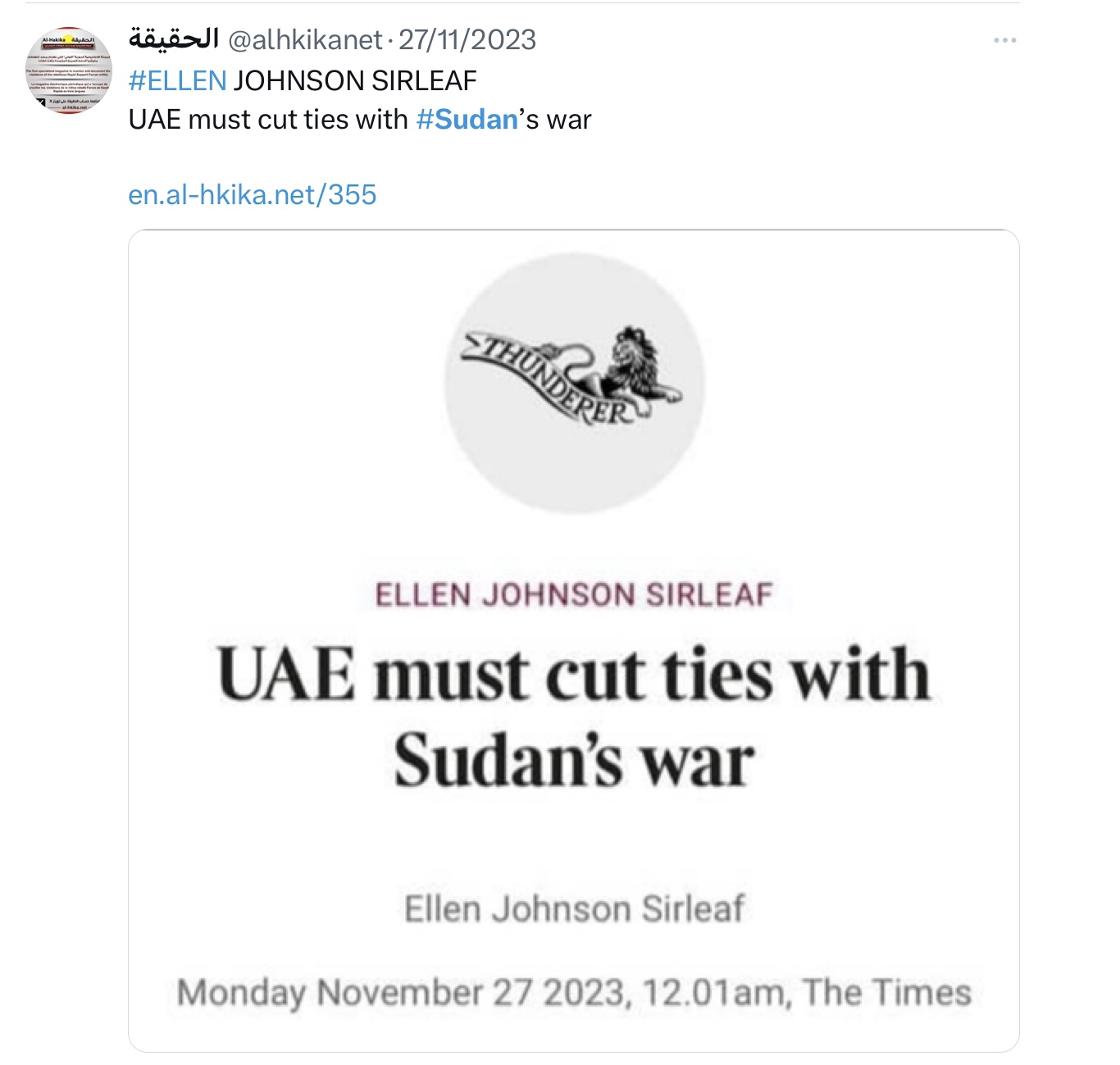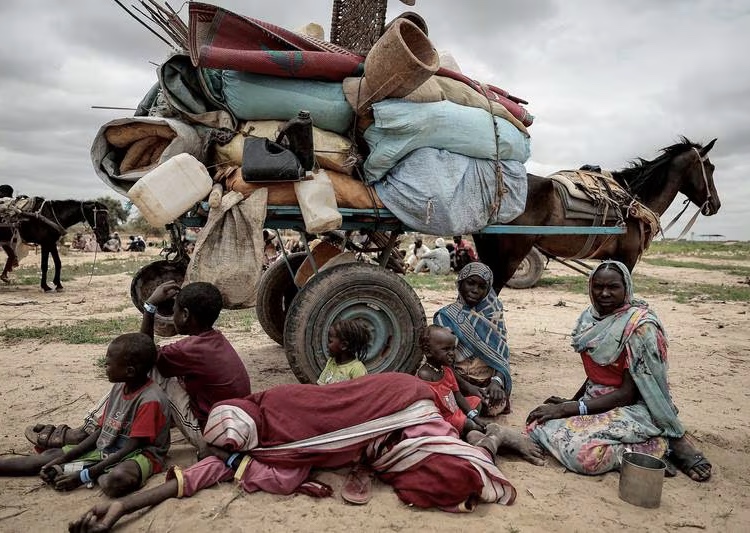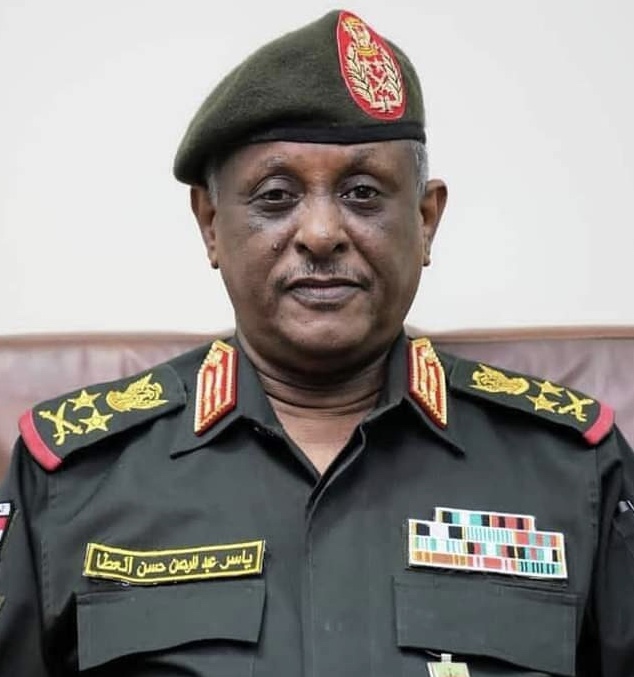On Monday 11th December, the Sudan Foreign Ministry issued an announcement stating that 15 United Arab Emirates (UAE) diplomatic staff, had been given 48 hours to leave Sudan. The announcement followed the summoning of the UAE charge d’affaires, to the Foreign Ministry and follows the expulsion two days earlier, of three Sudanese diplomats from the Emirates. The Sudanese diplomats had been declared ‘persona non grata’ and similarly given 48 hours to leave the country in connection with remarks made by Lt General Yasir al-Atta, accusing the UAE of complicity in war crimes in Sudan.

‘The worst kept secret’ is finally made public
At the end of last month – 28th November, the ‘worst kept secret’ as the former President of Liberia, Ellen Johnson Sirleaf, described it in an Op Ed published in the London Times the day before, which suggested that the UAE has been complicit in providing support to the RSF, has finally spilled out into the public arena. A day later, General Yassir al-Atta, the Assistant Commander-in-Chief of the Sudan Armed Forces and a member of the Sudanese Sovereignty Council, made a speech in which he openly accused the United Arab Emirates of sponsoring and financing the military attempt at overthrow of the government through its support for the Rapid Support Forces and General Mohamed Dagalo (Hemedti). In a broadcast, which went viral on social media, al-Atta declared:
‘We have information from intelligence, military intelligence, and the diplomatic circuit that the UAE sends planes to support the Janjaweed’
‘What goes around comes around’
The complicity of the UAE in supporting Hemedti, had been widely accepted across diplomatic and media circles for months, but never openly declared due to lack of evidence. Ever since the outbreak of the conflict on 15th April, when Hemedti led his troops and artillery into the centre of Khartoum and sent his elite squad on a failed mission to assassinate General Burhan in the Presidential Palace, speculation about the level of UAE involvement has been rife. As subsequently became clear, the attack on 15th April, was the first stage of Hemedti’s plans to overthrow and overwhelm the legitimate government of the Sudan and to seize power.
General Yassir al-Atta, in his speech directly accused the UAE of funnelling supplies to the RSF through Uganda, the Central African Republic (CAR) and Chad.
As he addressed a gathering of intelligence officers who cheered his bold words, he declared:
‘We warn any country that participates in supporting this rebellion that what goes around comes around’
US imposes sanctions, but stops short of accusing UAE of complicity
Just last week on 4th December, the US Department of the Treasury’s spokesperson, Mathew Miller, announced fresh sanctions on several Sudanese high profile political figures, for what he referred to as:
‘their role in undermining the peace , security, and stability of Sudan…the United States will not tolerate the continuing exploitation of the Sudanese people by those who seek to extend and deepen the conflict.’
Chief among those on the target list of sanctioned individuals was Taha Osman Ahmed al-Hussein, the former State Minister and Presidential Office Director to the former Sudanese President Omar al-Bashir. The sanction openly recognised that al-Hussein had
‘played a pivitol role in managing the relationship between the Rapid Support Forces (RSF) and regional actors in order to advance the RSF’s warfighting efforts’
What was interesting was that the US chose not to call out the UAE by name although, the finger of accusation was clearly directed at them as being the ‘regional actors’ involved.
Sudan government slams the US for its failure to call out the UAE directly
The Sudanese government subsequently slammed the US for its failure to condemn what it called the ‘RSF regional accomplices’, who it said were complicit in the crimes committed by the RSF.
Referring to a supporting statement made by the US Secretary of State, Anthony Blinken, in which he continued to draw parity between the Sudanese Armed Forces and the Rapid Support Forces, as he spoke of war crimes, the Sudanese Foreign Ministry completely rejected these classifications. Instead they challenged the US’s perceived ambiguity as it related to countries which they argued have continued to supply the RSF with weapons and equipment, which have been used to perpetuate the conflict and impose immense suffering on civilians.

A Foreign Ministry statement read:
‘Blinken’s statement also neglected to mention the countries that continue to supply the rebel militia with weapons and mercenaries and have close ties to the United States…these countries are complicit in and co-responsible for the crimes against humanity and ethnic cleansing committed by the rebel militia’
The statement made by a senior US Official, Secretary of State for African Affairs, Molly Phee, hinted at cracks in the US narrative, when she stated that pressure from Congress on the United Arab Emirates over its alleged support to the Rapid Support Forces (RSF) in Sudan is helpful. Addressing a House Foreign Affairs Committee Hearing in which the ongoing conflict in Sudan was a central issue, she said:
‘I think the publicity of this hearing and your statement and request to the UAE to consider the detrimental impact of their support to the RSF would be helpful


















